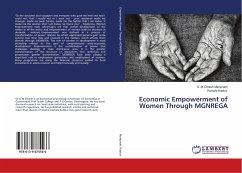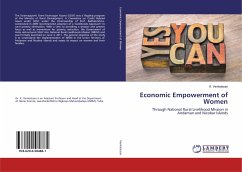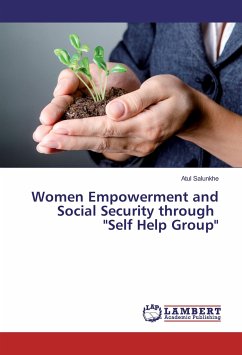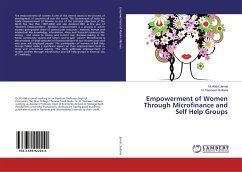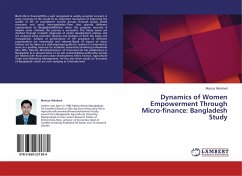The status of women in India has been subject to many great changes over the past few millennia. From equal status with men in ancient times through the low points of the medieval period, to the promotion of equal rights by many reformers, the history of women in India has been eventful. Social enterprises offer a way for more poor Indians to share in the country's growth and provide innovative, sustainable solutions to its entrenched social problems. Women are deprived of equal access to education, health care, capital, and decision making powers in the political, social, and business sectors. Female economic power also enhances the "wealth and well-being of nations. Despite repeated efforts made by governments, NGOs, and multilateral development agencies, the majority of women in the developing world are still relegated to micro enterprises and informal tasks. In turn, a woman's level of education affects her decision-making process when it comes to questions about contraception, age of marriage, fertility, child mortality, modern sector employment and earnings. But women's economic empowerment must not be examined in a vacuum.


